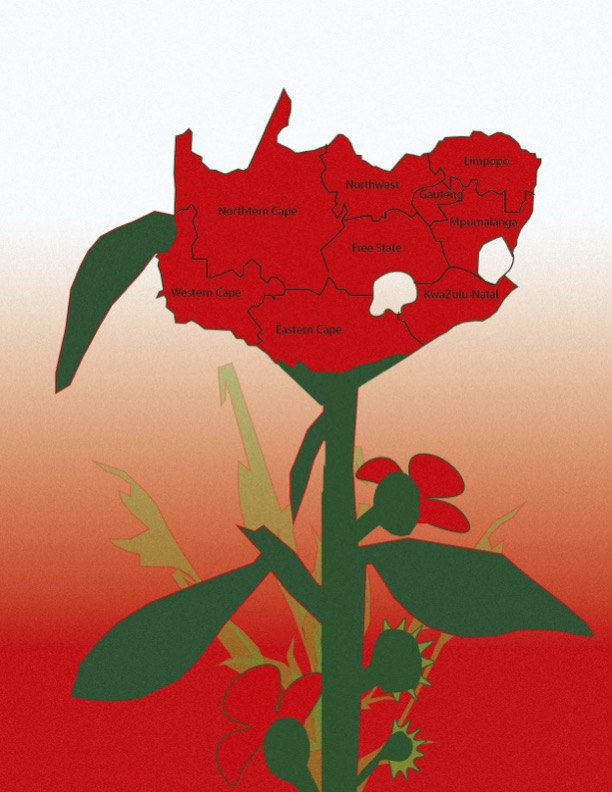An Instrument in State-Building: Reconsidering the Role of South Africa’s Truth and Reconciliation Commission
Abstract
The success of South Africa’s Truth and Reconciliation Commission (TRC) has often been measured by its ability to achieve justice for victims of the apartheid regime. Instead, this paper proposes that the TRC be understood as a bridge towards a new state that it was both constitutive and a resultant of. In the context of a moderate and negotiated transition between the African National Congress and the apartheid-era National Party, narratives of truth espoused by the TRC were inherently politicized. The TRC therefore reflected a desire to underpin social cohesiveness and individual responsibility over institutional accountability for apartheid policies. Looking at the emerging theoretical and post-colonial literature that underpins truth commissions, the TRC should therefore be viewed as a tool for establishing a superficial ‘blank slate’ that did not seek to challenge the deeper inequalities of the apartheid regime.
Downloads

Downloads
Published
Issue
Section
License
Copyright (c) 2022 Tim Rhydderch

This work is licensed under a Creative Commons Attribution-NonCommercial-NoDerivatives 4.0 International License.

